Spill of petroleum products on the Bishkek-Osh highway. 101 km. Non-recultivable oil products spill.
Coordinates: Latitude 42°298760
Longitude 73°513575
The Bishkek-Osh road experiences dozens of ecological disasters every year involving overturned fuel tankers, resulting in hundreds of tons of highly toxic petroleum products: kerosene, fuel oil, and gasoline spilled into high-altitude transboundary water intake rivers: Ablu-Naryn-Kara-Baltinka, Chychkan, and cubic meters of contaminated soil with complete destruction of flora and fauna in the tens of meters around.
To eliminate the consequences of pollution, technical reclamation is initially carried out worldwide. The spilled petroleum product is collected from the water and soil using sorbents. Contaminated soil is removed and stored at a special technical landfill, while clean soil is placed in the area from which the contaminated soil was taken. Throughout the entire time of recorded traffic accidents involving fuel tankers on the Bishkek-Osh road, NOT A SINGLE (!) reclamation has been conducted.
High-altitude ecosystems are sensitive to any anthropogenic impact. If they are not cleaned from petroleum products in a timely manner, there will be a significant negative impact on the environment – for decades, residues of diesel fuel will be washed out by groundwater and oxidized in the soil.
At the same time, specialists note that the ecological damage is unlikely to be fully compensated. This concerns the cleaning of the surface and bottom of rivers, as well as soil remediation. It is also noted that the maximum allowable concentrations of pollutants in rivers, where petroleum products end up in case of accidents, can exceed the norm by hundreds of times.
Longitude 73°513575
The Bishkek-Osh road experiences dozens of ecological disasters every year involving overturned fuel tankers, resulting in hundreds of tons of highly toxic petroleum products: kerosene, fuel oil, and gasoline spilled into high-altitude transboundary water intake rivers: Ablu-Naryn-Kara-Baltinka, Chychkan, and cubic meters of contaminated soil with complete destruction of flora and fauna in the tens of meters around.
To eliminate the consequences of pollution, technical reclamation is initially carried out worldwide. The spilled petroleum product is collected from the water and soil using sorbents. Contaminated soil is removed and stored at a special technical landfill, while clean soil is placed in the area from which the contaminated soil was taken. Throughout the entire time of recorded traffic accidents involving fuel tankers on the Bishkek-Osh road, NOT A SINGLE (!) reclamation has been conducted.
High-altitude ecosystems are sensitive to any anthropogenic impact. If they are not cleaned from petroleum products in a timely manner, there will be a significant negative impact on the environment – for decades, residues of diesel fuel will be washed out by groundwater and oxidized in the soil.
At the same time, specialists note that the ecological damage is unlikely to be fully compensated. This concerns the cleaning of the surface and bottom of rivers, as well as soil remediation. It is also noted that the maximum allowable concentrations of pollutants in rivers, where petroleum products end up in case of accidents, can exceed the norm by hundreds of times.

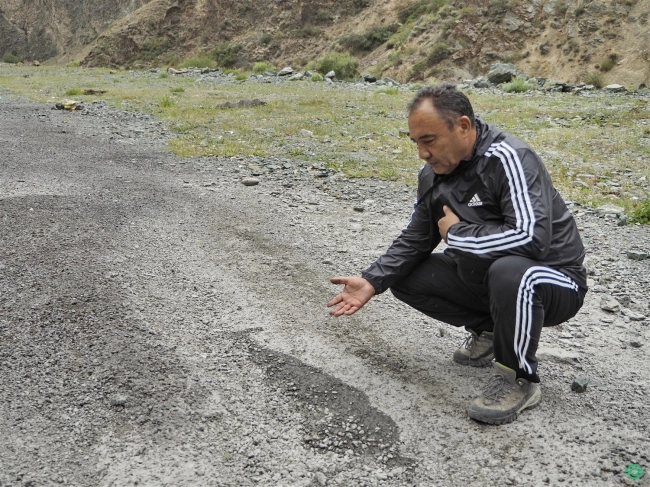
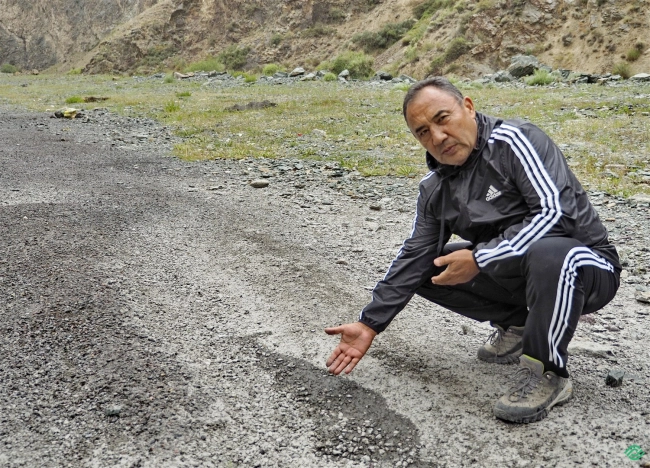
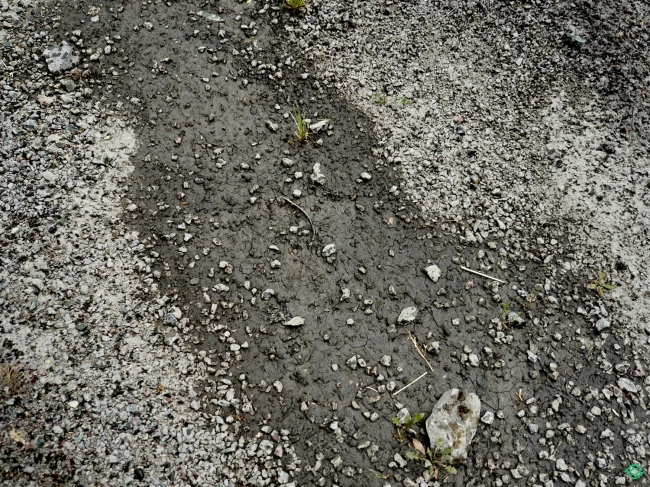
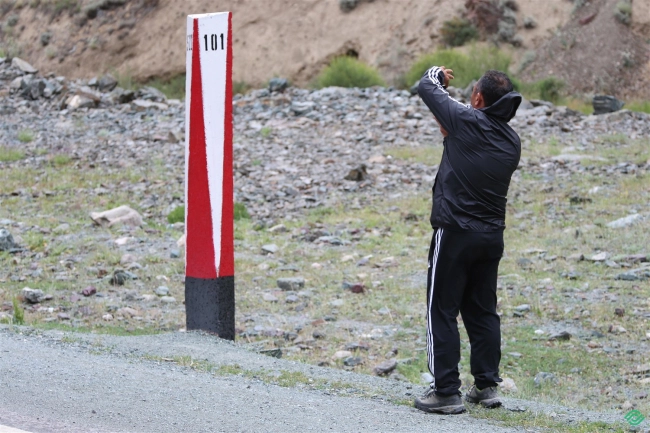
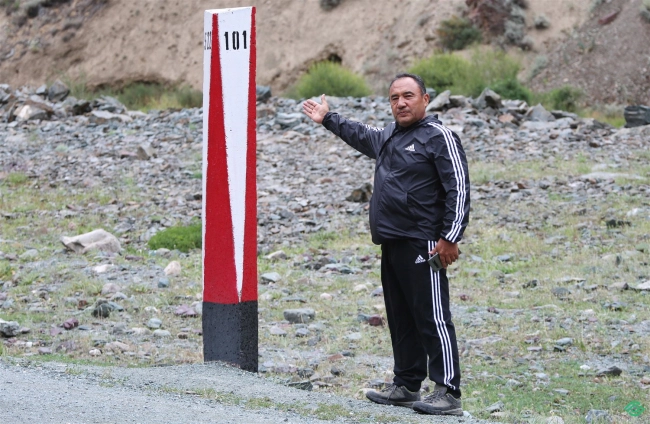
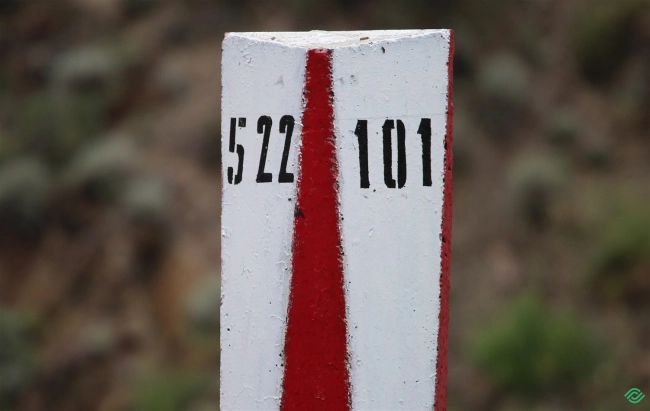
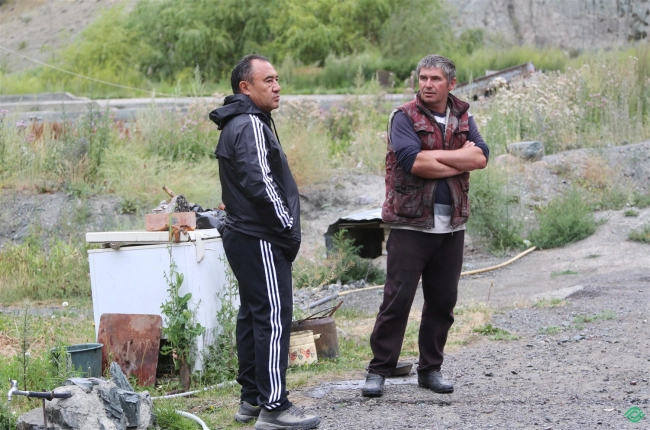
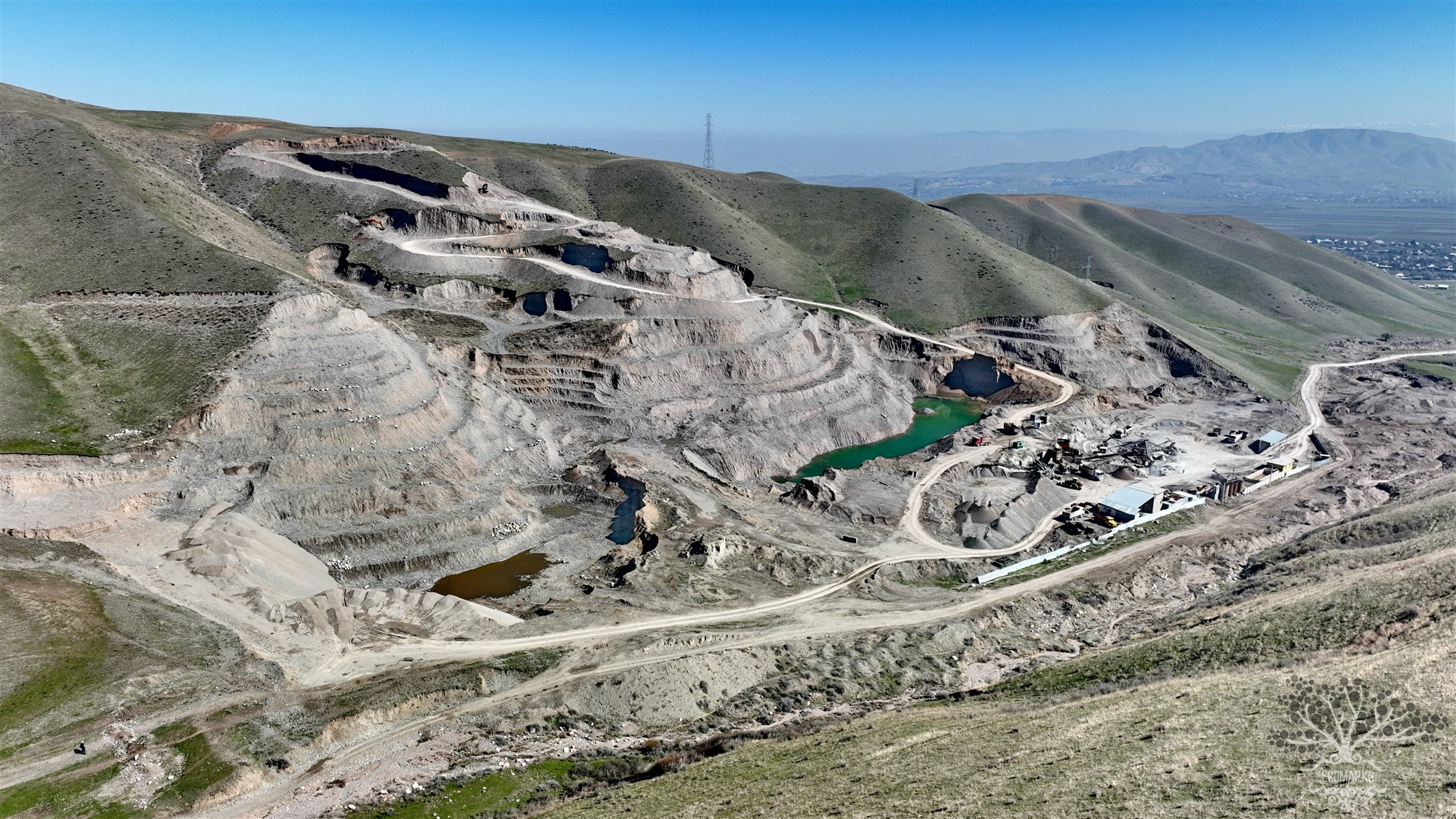
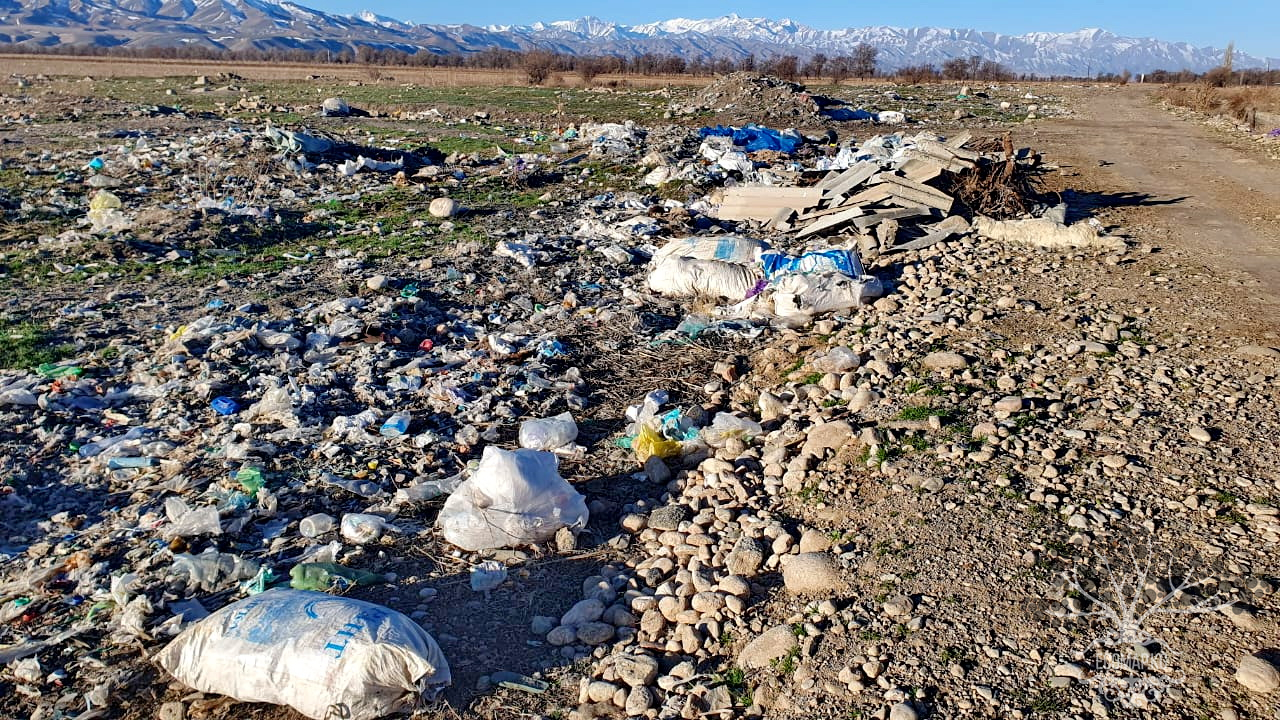
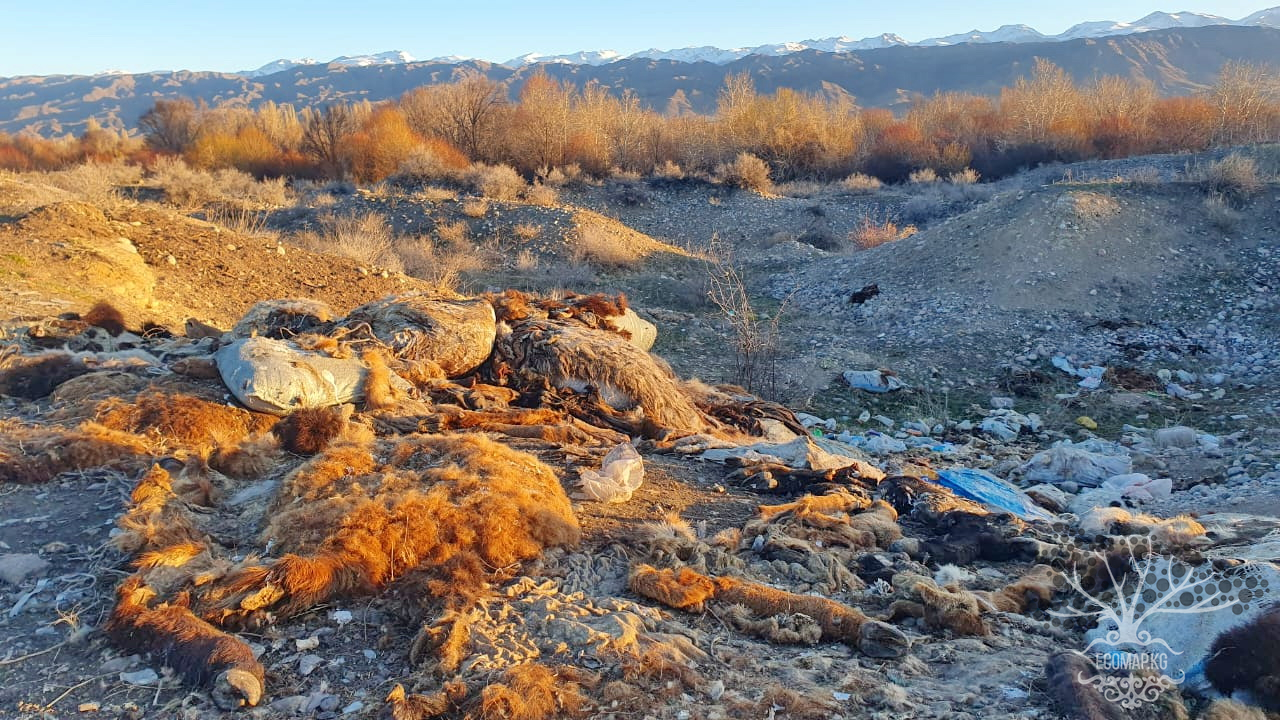
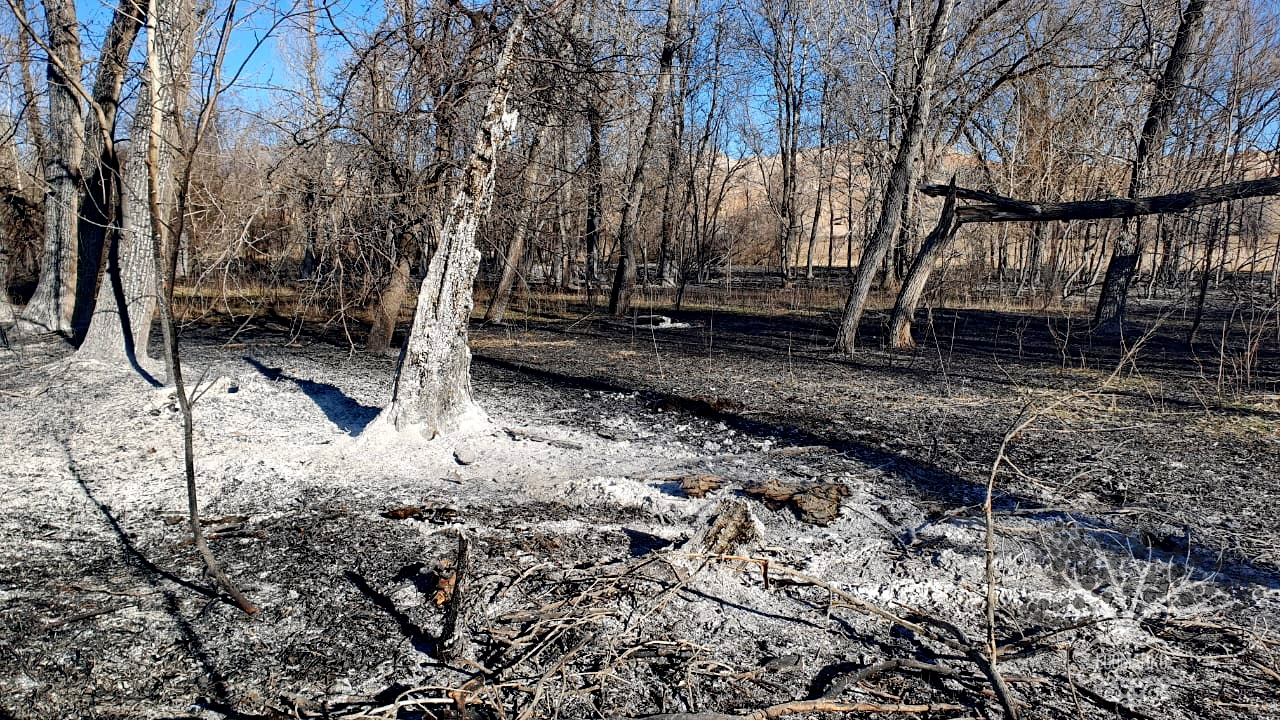


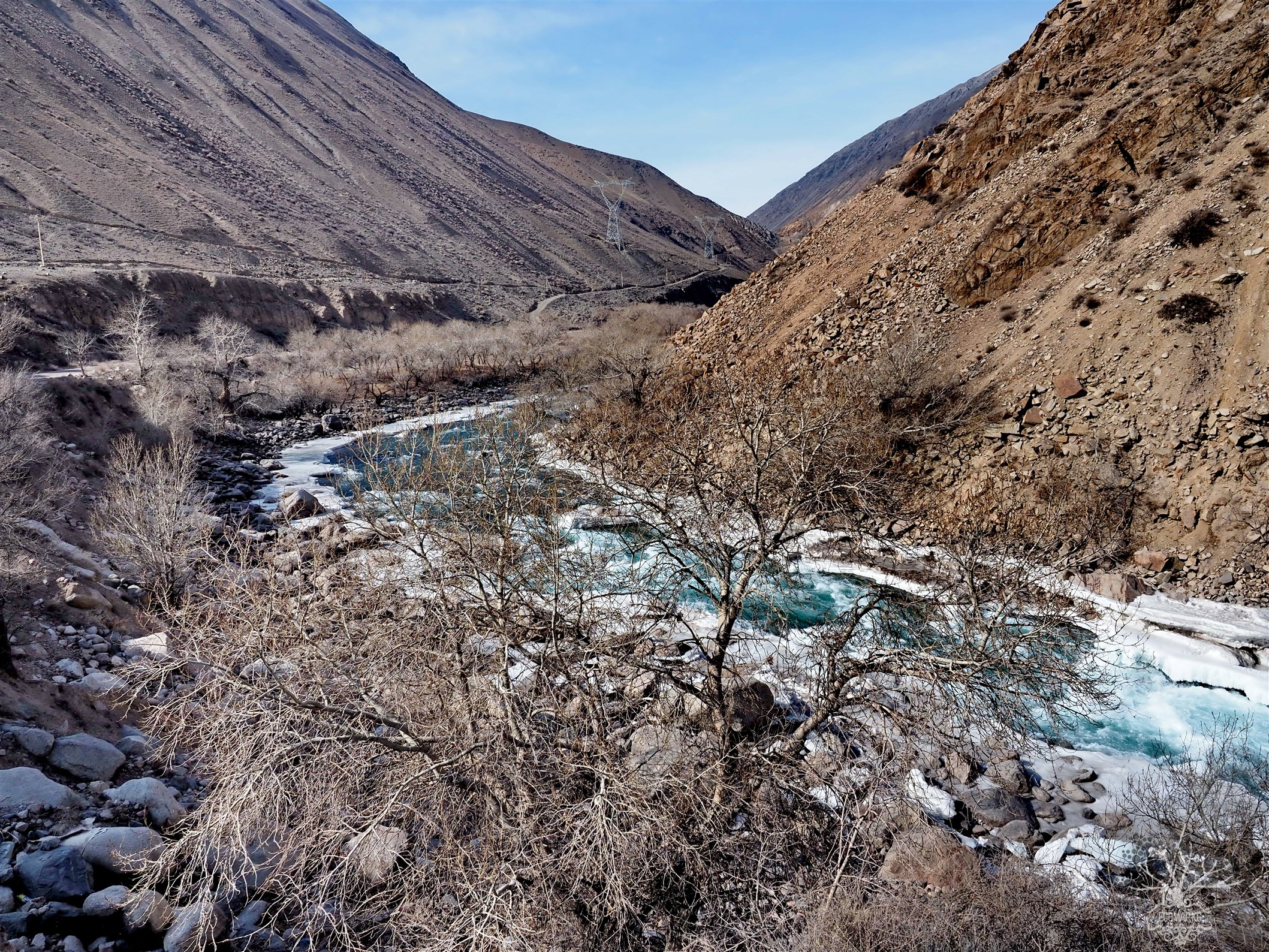
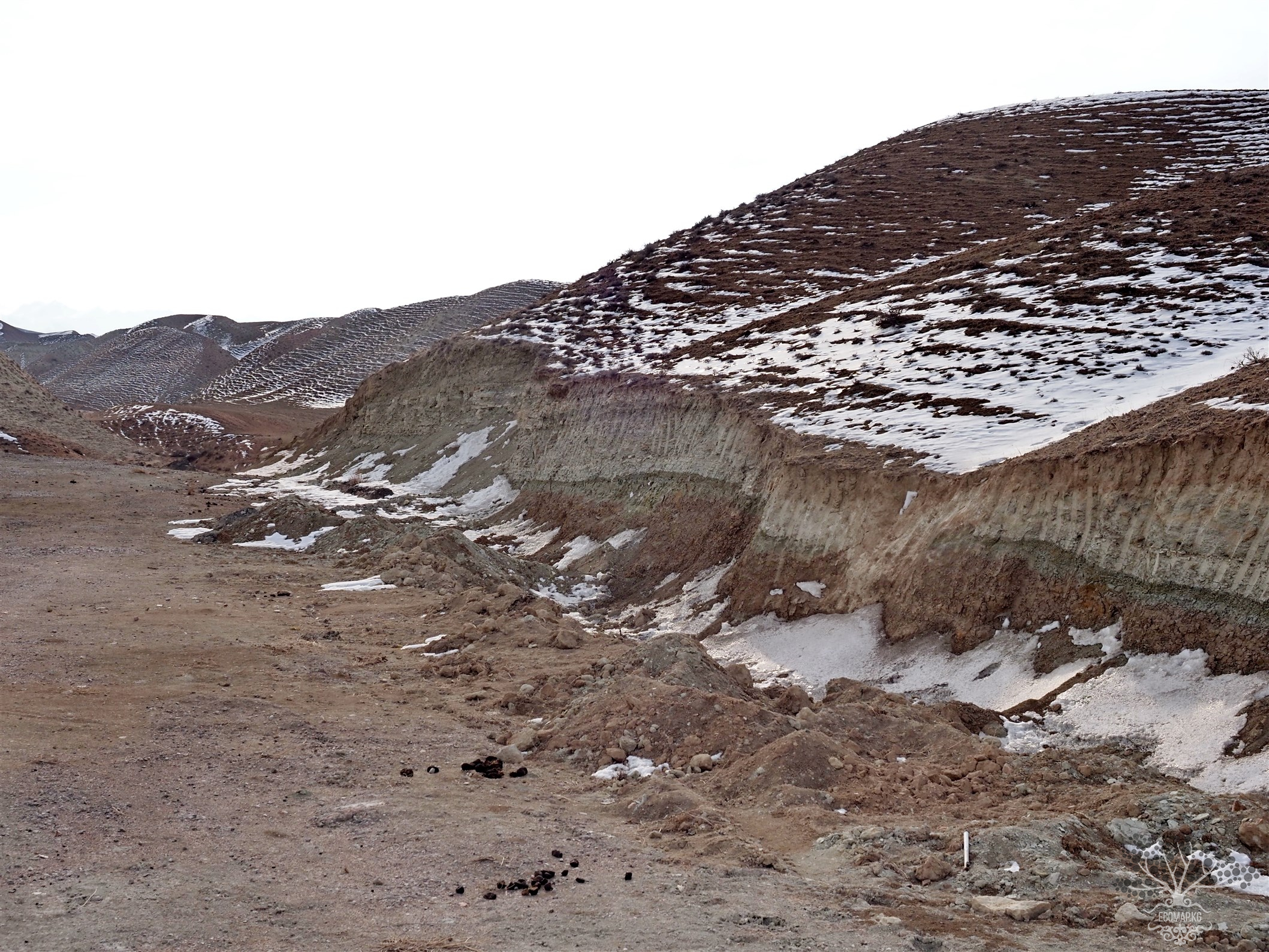
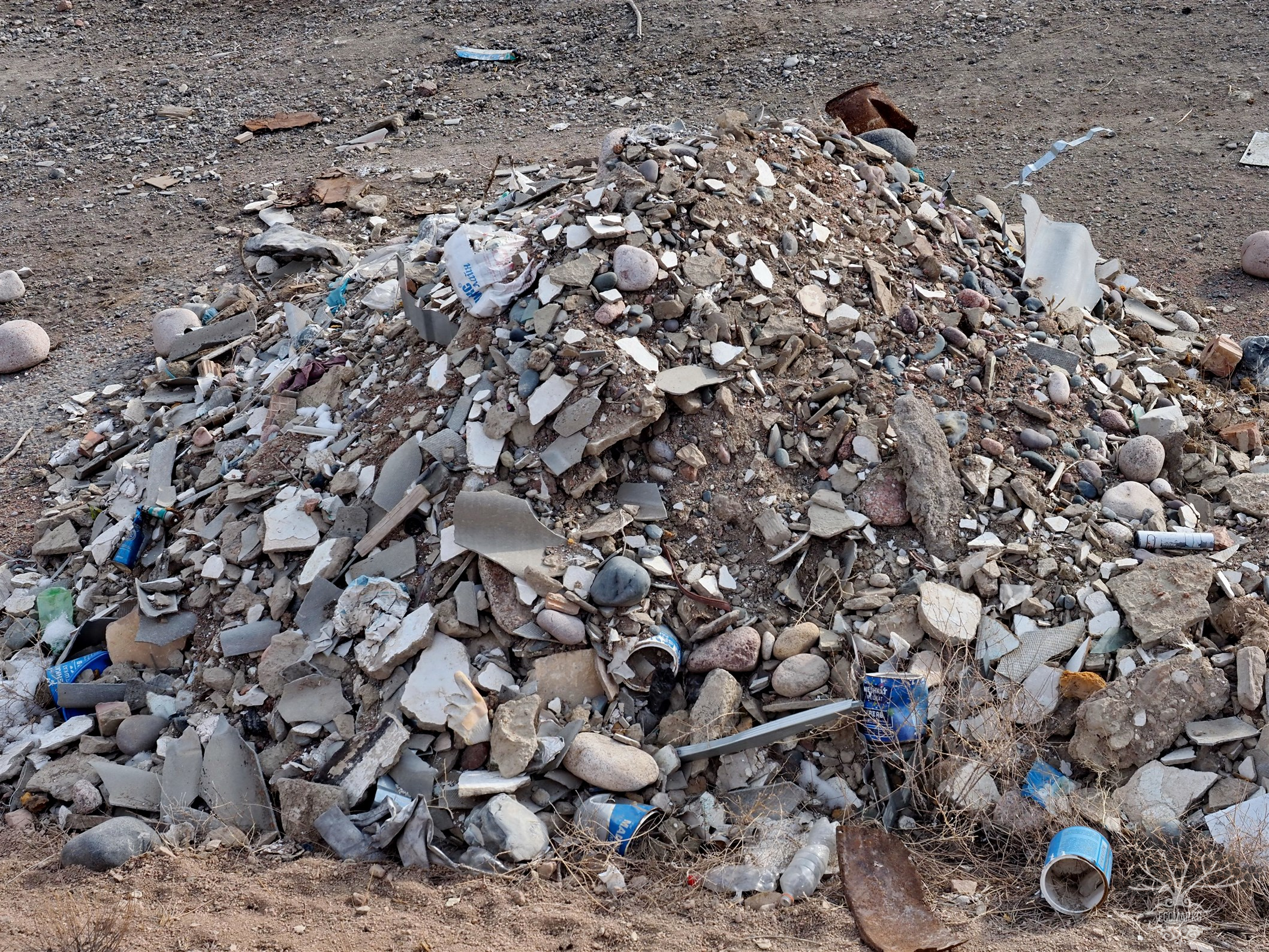
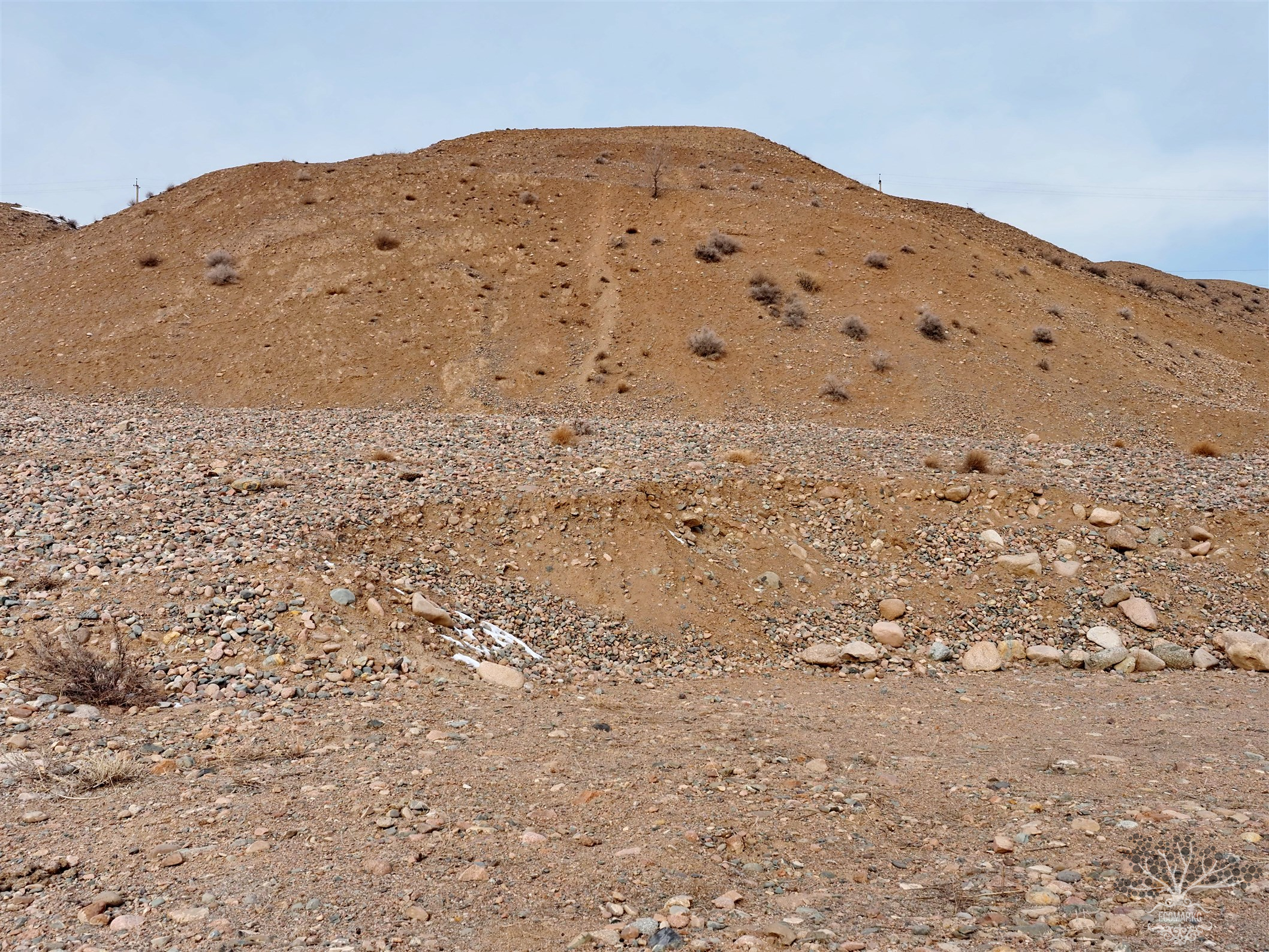


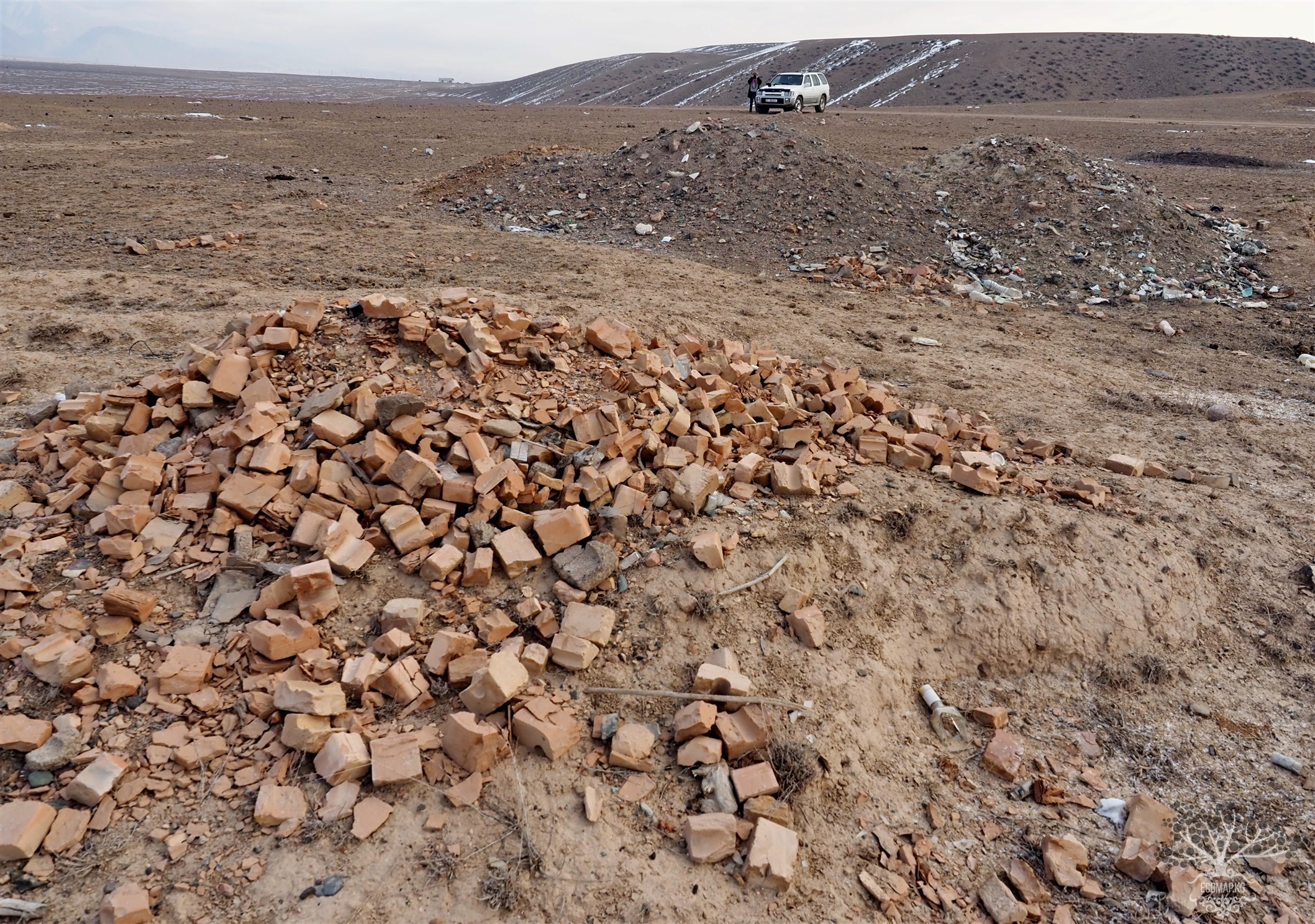
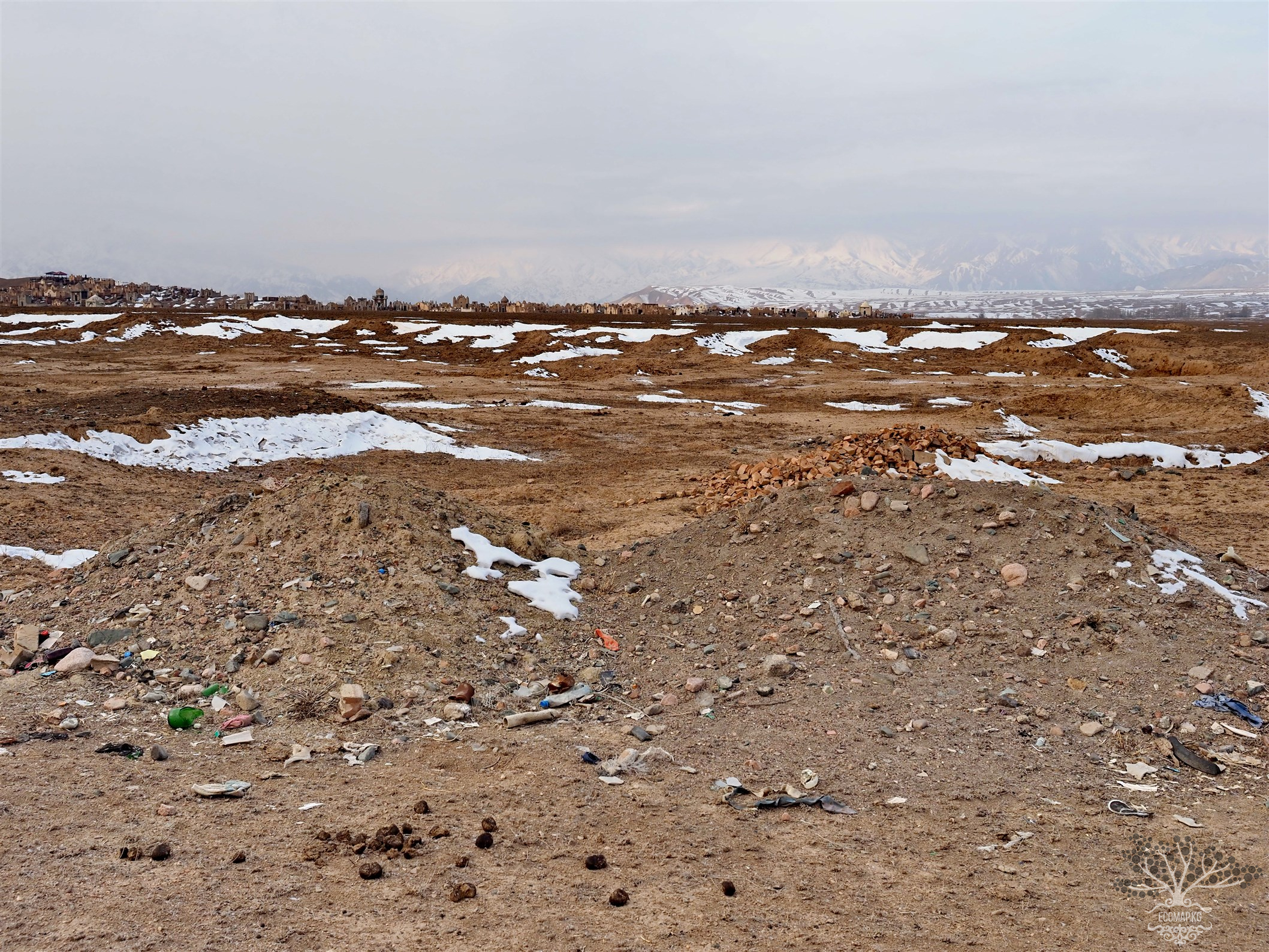

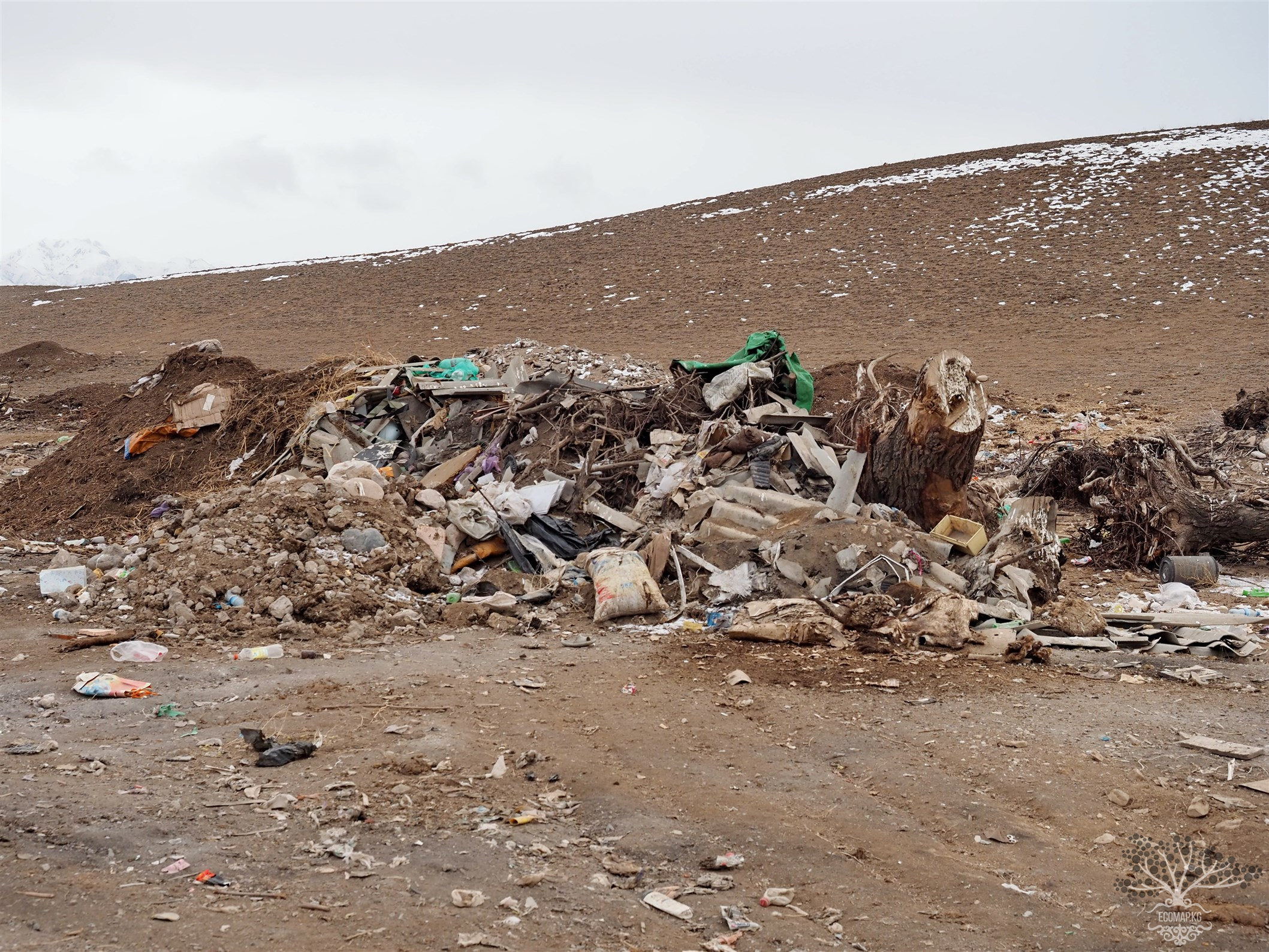
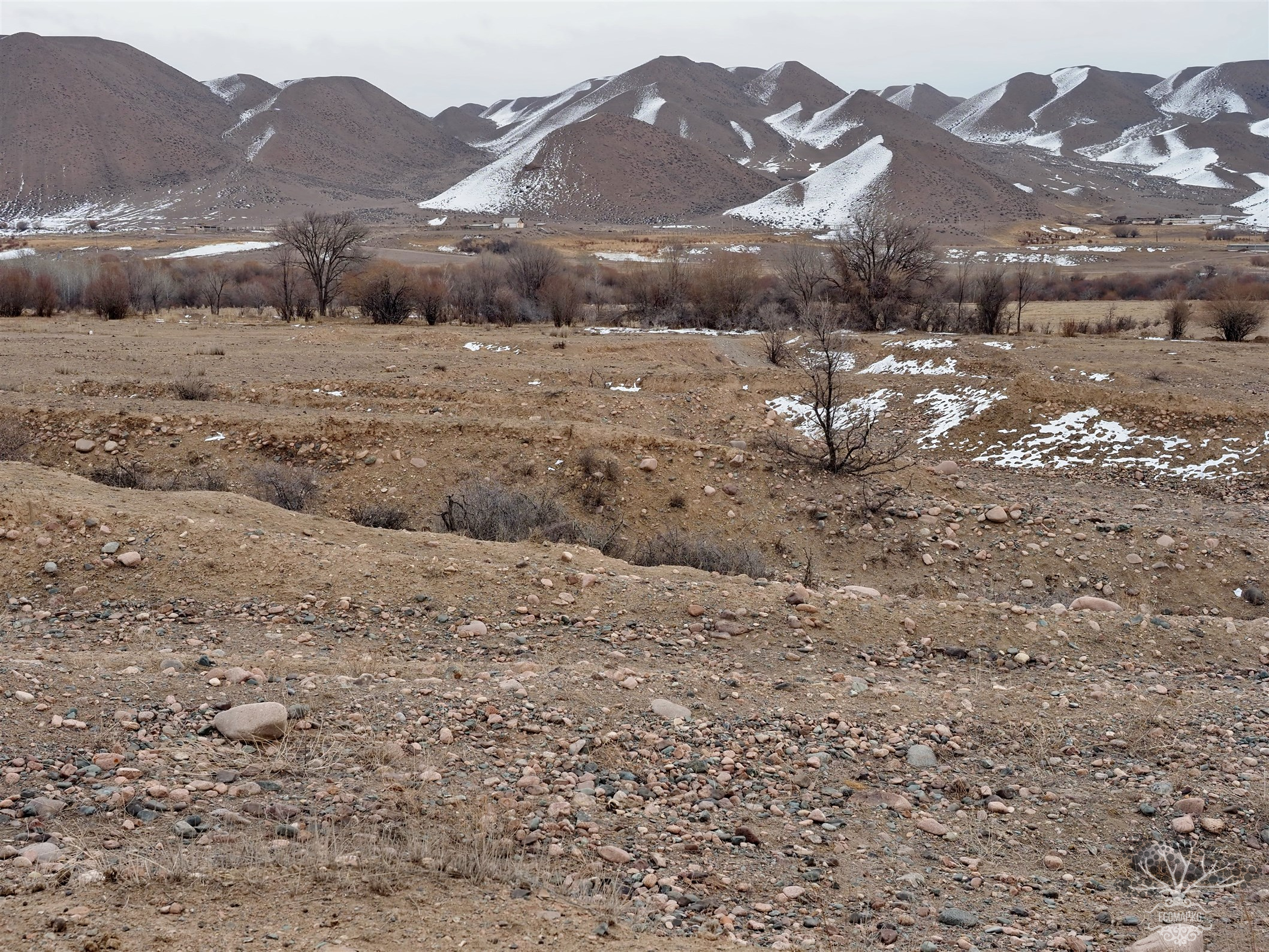
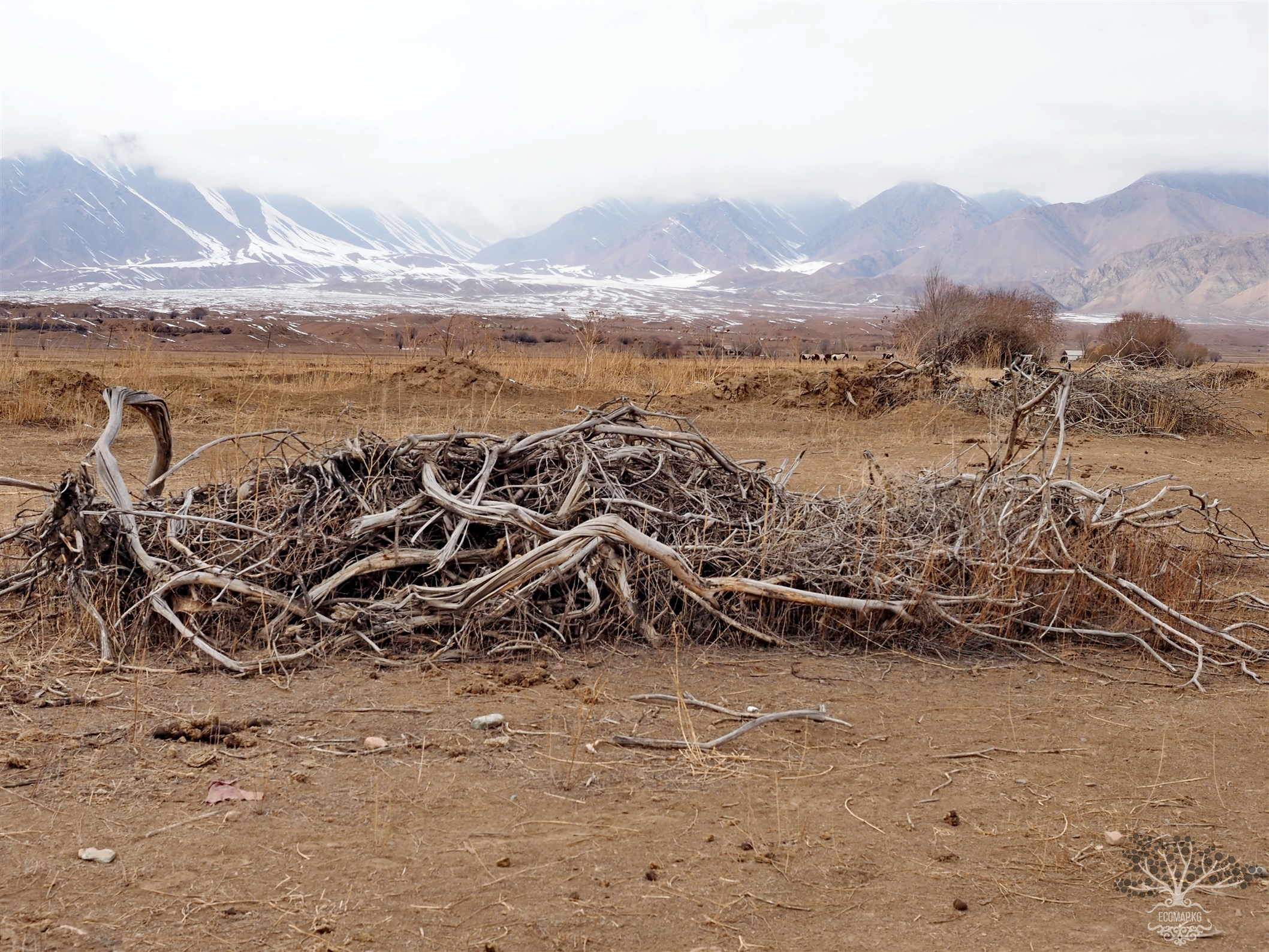
Attention: Information based on submitted complaints